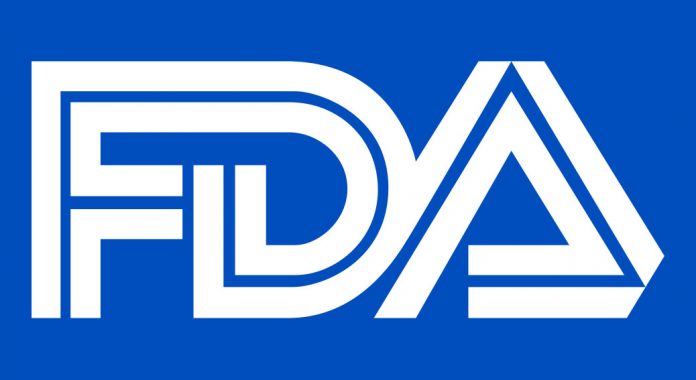
The Food and Drug Administration (FDA) took its first step toward lowering nicotine levels in cigarettes last week and is now asking the public for input on how best to move forward.
FDA Commissioner Scott Gottlieb said the agency has issued an advance notice of proposed rulemaking that provides an overview of current research on how nicotine makes cigarettes addictive and seeks public feedback on nicotine standards. The FDA will accept public comments on the notice for 90 days.
The notice cited an FDA-funded analysis that found lowering cigarettes’ nicotine levels to 0.4 milligrams per gram of tobacco filler could reduce the current smoking rate of 15 percent to 1.4 percent by 2100, leading to eight million fewer tobacco-related deaths through the end of the century. According to the notice, the analysis found that within one year of implementation, the reduction in nicotine levels would result in “approximately 5 million additional smokers” quitting smoking.
The FDA in the notice asked for public feedback on:
- The potential maximum nicotine level that would be appropriate to protect public health;
- The unintended consequences—such as the potential for illicit trade of cigarettes with high-nicotine levels—that might occur as a result of reducing cigarettes’ nicotine levels; and
- Whether a new nicotine product standard should be implemented immediately or gradually.
Once the public comment period ends, the FDA said officials will decide whether to move forward with a proposed rule to reduce nicotine levels in cigarettes.
In addition, the FDA announced plans to release two additional notices of proposed rulemaking related to tobacco products. Gottlieb said one of the notices will focus on the role flavors, including menthol, play in the initiation, use and cessation of tobacco products, while the second will seek public comments and data on regulating premium cigars.
Several anti-smoking groups, voiced their support for the FDA’s move including the American Heart Association, American Lung Association, and R.J. Reynolds Tobacco to name a few






